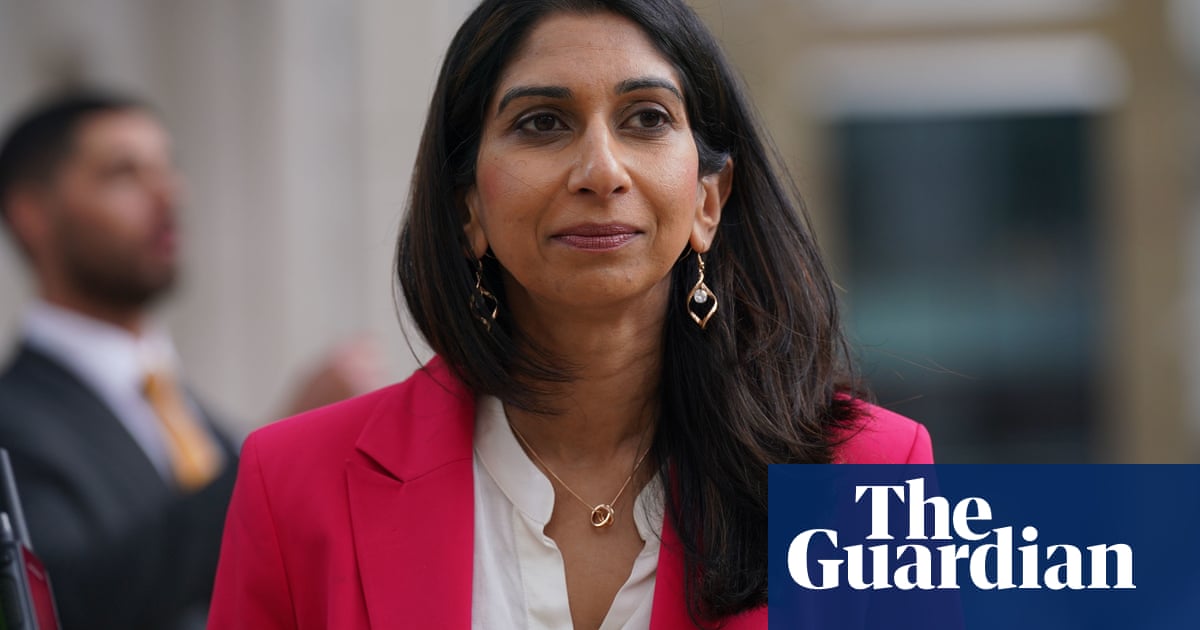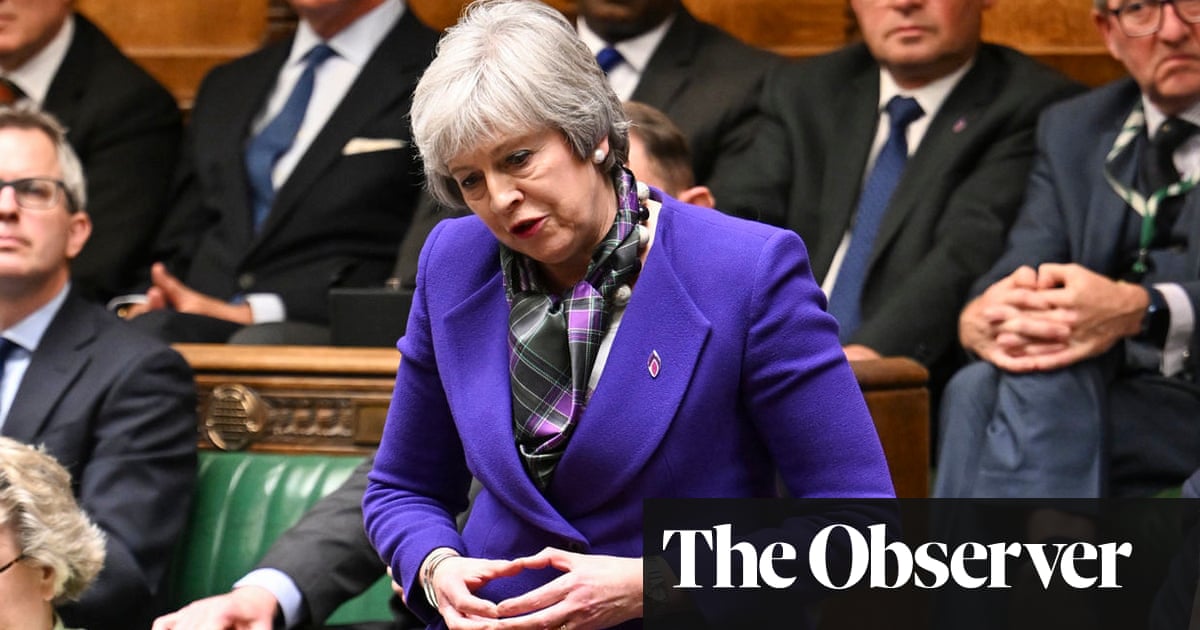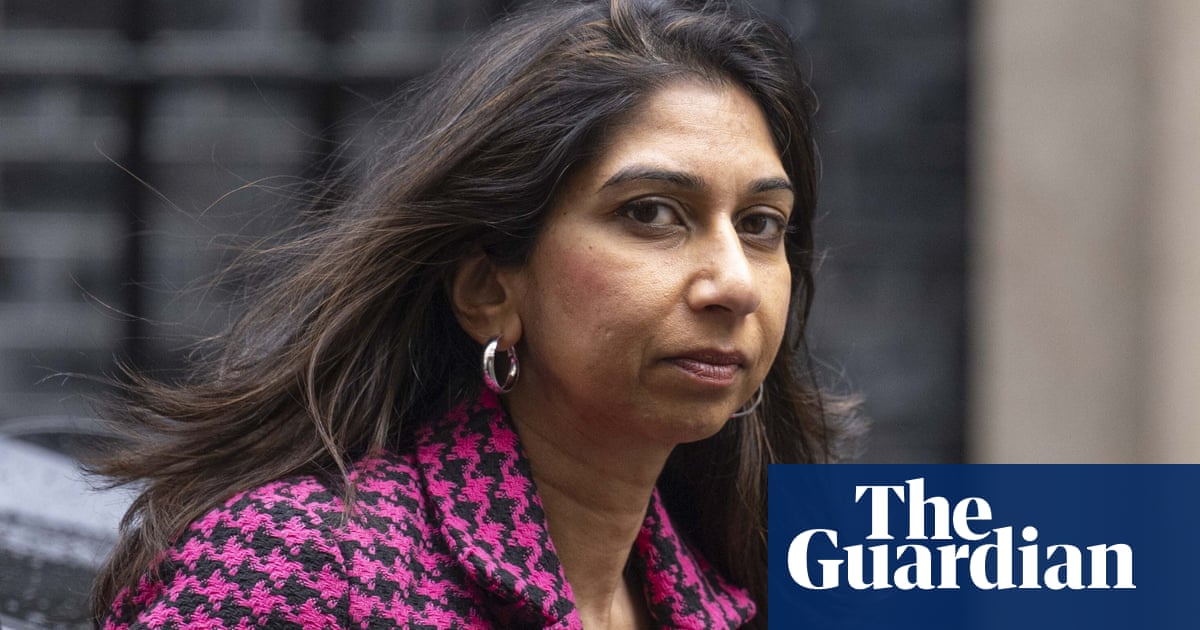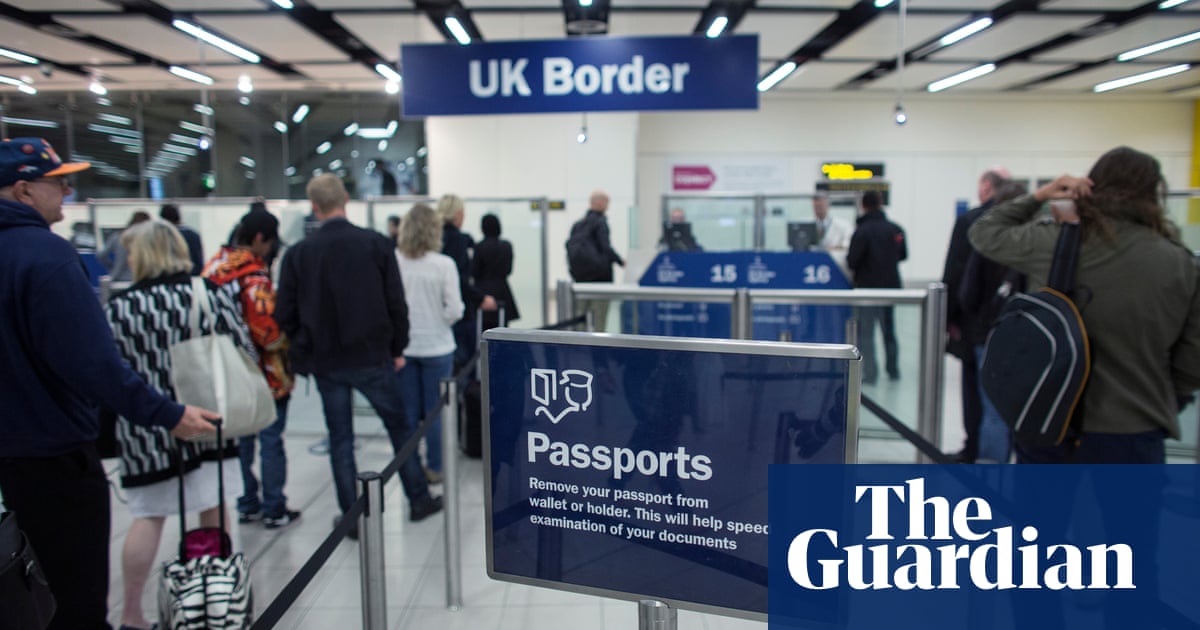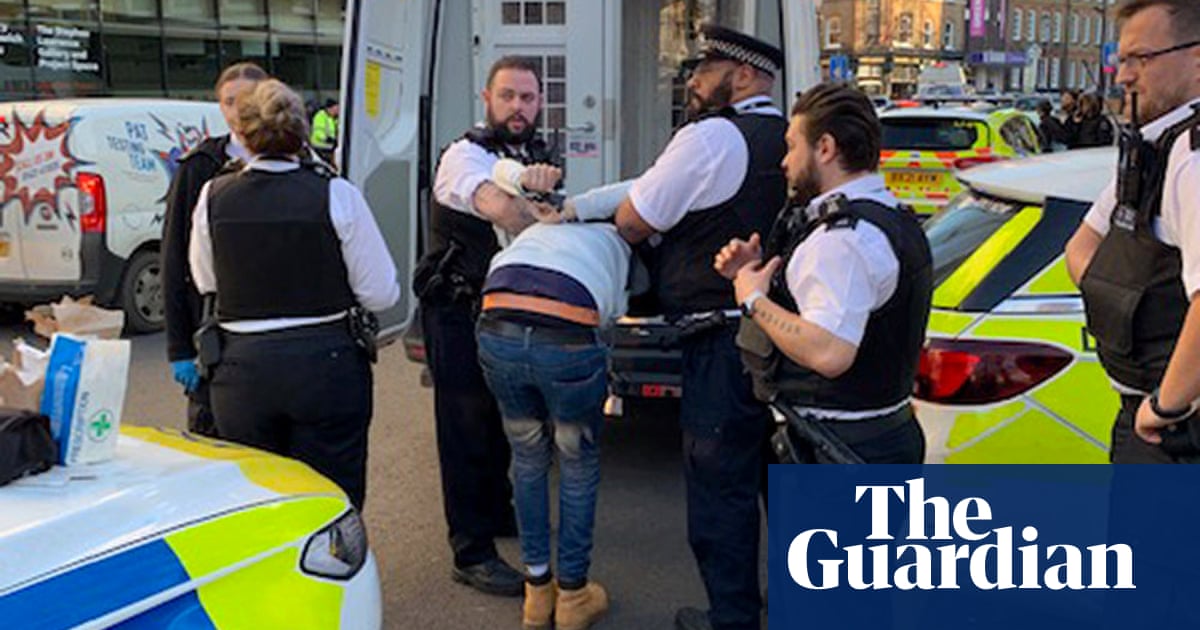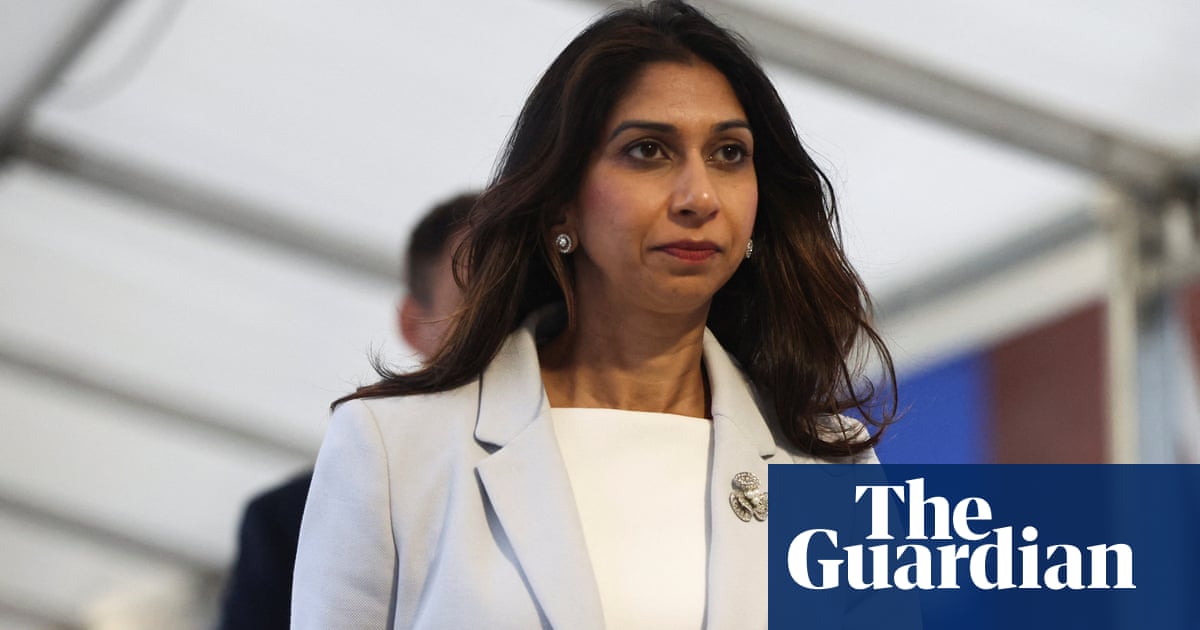
The Home Office has performed a U-turn on a policy to deprive some modern slavery victims of protection from traffickers.
Human rights campaigners and lawyers representing trafficking victims have welcomed the government’s change of heart, which they say reinstates vital protections to vulnerable people.
A high court hearing, which began last year and has concluded, warned that trafficking victims were at risk of rights violations such as slavery, servitude and forced labour, if the policy introduced by the former home secretary Suella Braverman on 31 January continued.
The policy introduced a change stipulating that potential trafficking victims who had a criminal conviction were no longer automatically assessed for the support trafficking victims can access. This support may include accommodation, counselling and financial assistance.
Campaigners argued that this exclusion could force some victims back into the hands of their traffickers. They include people forced to cultivate cannabis and convicted in connection with this, people forced into sex work and county lines victims.
The policy is known as public order disqualification (POD). Three potential trafficking victims who had received PODs due to criminal convictions challenged the policy. There was no mention in the policy of caseworkers being expected to consider the risk of re-trafficking if they decided to disqualify victims from getting support.
Those who got involved in the first challenge to the home secretary’s policy are from Vietnam, Poland and Romania. They argued that victims of trafficking were at real risk of being re-trafficked.
In the course of the case, the Home Office disclosed that of 253 decisions made about this group of trafficking victims since the policy came into force, 252 had been rejected for support.
Lawyers representing the victims argued that the policy breached human rights laws, including the prohibition against slavery.
A hearing had been scheduled in the high court for 6-8 February but weeks before the Home Office has withdrawn the policy and issued new guidance, which requires caseworkers to assess all trafficking victims for the risk of being re-trafficked before any support is withdrawn from them as a result of having convictions.
According to the amended policy, “where it is found that there is a real and immediate risk that cannot be mitigated and prevents the issuing of the public order disqualification decision then that individual is not disqualified and will continue to be eligible for the support and protections of the national referral mechanism” (the support mechanism for trafficking victims). This amendment reinstates an important protection that Braverman’s policy had removed.
Maria Thomas, of Duncan Lewis solicitors, who challenged the Home Office policy, said: “This policy has been substantially amended and now includes a comprehensive framework for assessing risk of victims being re-trafficked before a disqualification decision is made.
“This is a big win for foreign national survivors who are being systematically punished for criminal acts committed as a result of their exploitation.”
In a previous high court challenge to another part of the trafficking policy, the home secretary performed a U-turn on the type of evidence people were expected to provide to prove they had been trafficked.
Maya Esslemont, the director of After Exploitation, also welcomed the Home Office’s U-turn, saying: “Huge numbers of modern slavery survivors are victimised in criminal industries such as marijuana cultivation, pickpocketing or gang crime.
“As with all trafficking cases, survivors of criminal exploitation are subjected to various forms of violence throughout their ordeal, and they absolutely deserve support after taking the brave step to flee abuse. The POD policy risked worsening many survivors’ chances of recovery, including those forced to commit crime by traffickers.”
A Home Office spokesperson said: “The public order disqualification is an important tool that ensures that those who commit serious criminal offences are not able to misuse the support and protections offered to modern slavery victims.
“We keep all policies and procedures under review and regularly update the modern slavery statutory guidance to ensure potential victims of modern slavery are appropriately identified and are provided with the support they need to begin rebuilding their lives.”




